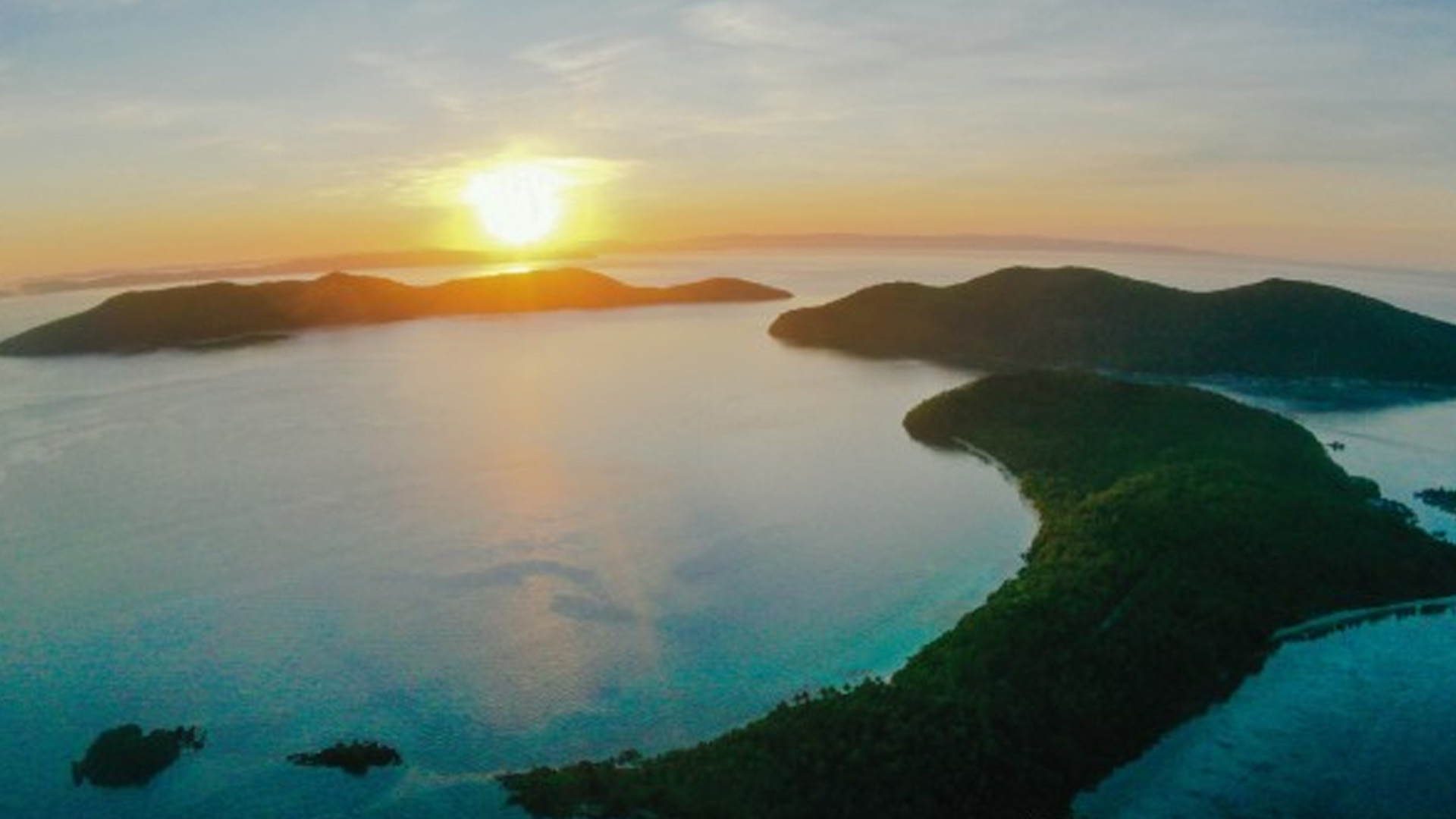Environmental group Oceana pledged to help Northern Samar province preserve its marine ecosystem in four island towns.
In a meeting Thursday, key officials of Oceana and the provincial government agreed to generate baseline data to “unravel the intricacies of the province’s fisheries sector.”
Funded by Oceana through the Center for Sustainable Aquaculture and Agri-based Innovations (CENSAAI), baseline data will be gathered in key areas, among them fishery abundance, post-harvest practices, losses, and fish consumption.
“We convey optimism about the great potential of the province’s fishery sector. The unexplored opportunities for sustainable aquaculture and responsible fishing practices stand out, presenting a promising avenue to enhance food security and bolster the local economy,” the provincial government stated.
CENSAAI has begun data gathering in Northern Samar. Specifically, they looked into post-harvest fish losses and fish consumption in coastal towns.
The target is to establish the baseline data before the end of March this year.
The Balicuatro Islands are a group of 18 small islands situated about 11 km. northeast of Balicuatro Point, the northwestern tip of Samar Island.
These islands are within the boundaries of the towns of Biri, Capul, San Antonio, and San Vicente.
The major marine product within the island group is sardines, with catches traded in Luzon.
Oceana earlier attributed the deterioration of sardine stocks in Northern Samar to overfishing, harmful fishing practices, and weak implementation of the National Sardines Management Plan (NSMP).
A study by Oceana, which monitored the movement of sardine stock in the waters off Bulan, Sorsogon and the Samar Sea, found an exploitation rate of 0.8 for sardines in the area, which meant the stock was already over-exploited.
PSA data show that the catch of sardine species significantly declined from 442,045.75 metric tons in 2010 to 325,226.20 metric tons, or 26.4 percent, in 2019. (PNA)




















